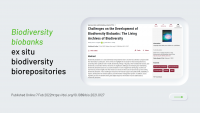In this review, we highlight the necessity for biodiversity biorepositories by presenting their significant role in health, biodiversity, linking of big data, other translational research, and biodiversity conservation efforts.
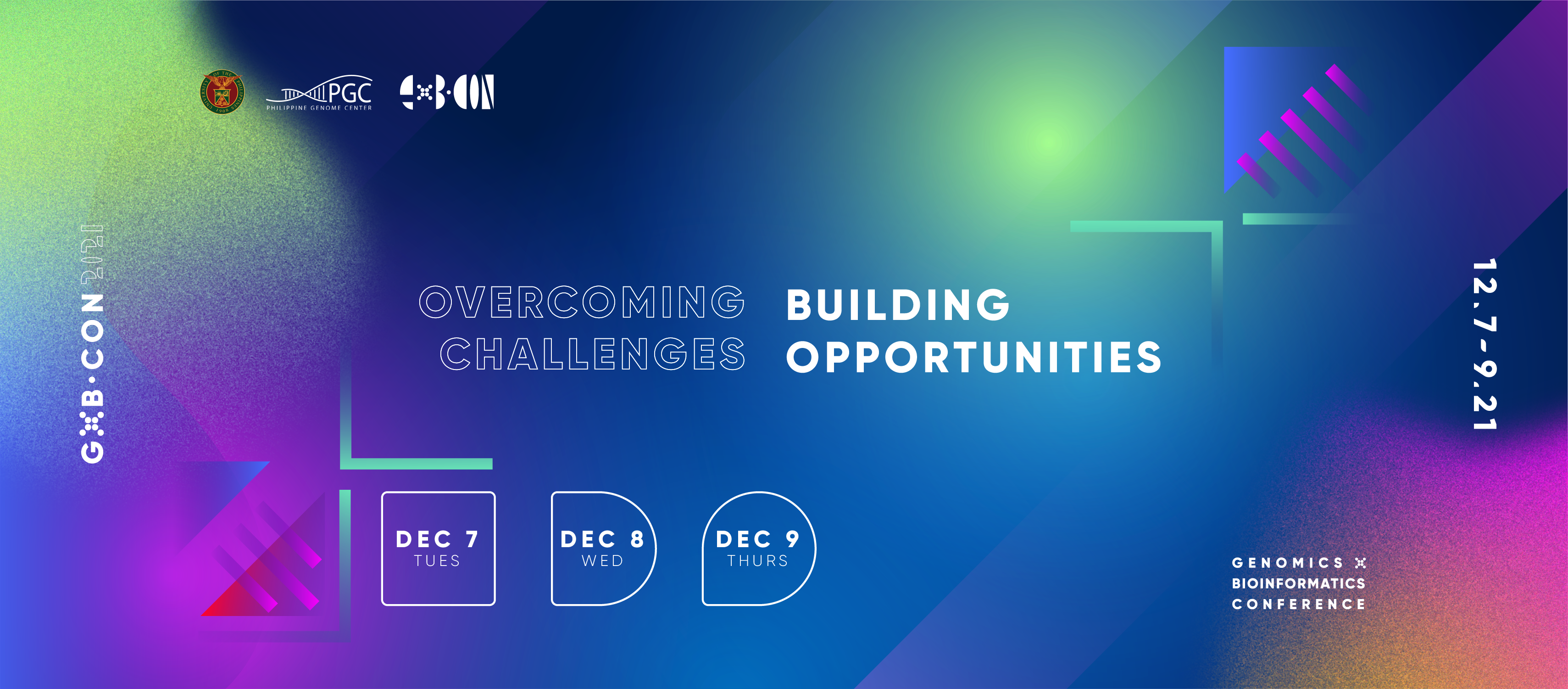
GxB CON 2021: Overcoming Challenges, Building Opportunities
The Philippine Genome Center (PGC) is hosting the Genomics and Bioinformatics Conference 2021 on December 7-9, themed Overcoming Challenges, Building Opportunities—the 3-day conference will consist of talks from experts in health, agriculture, livestock, and fisheries as well as in biodiversity, ethnicity, and forensics.
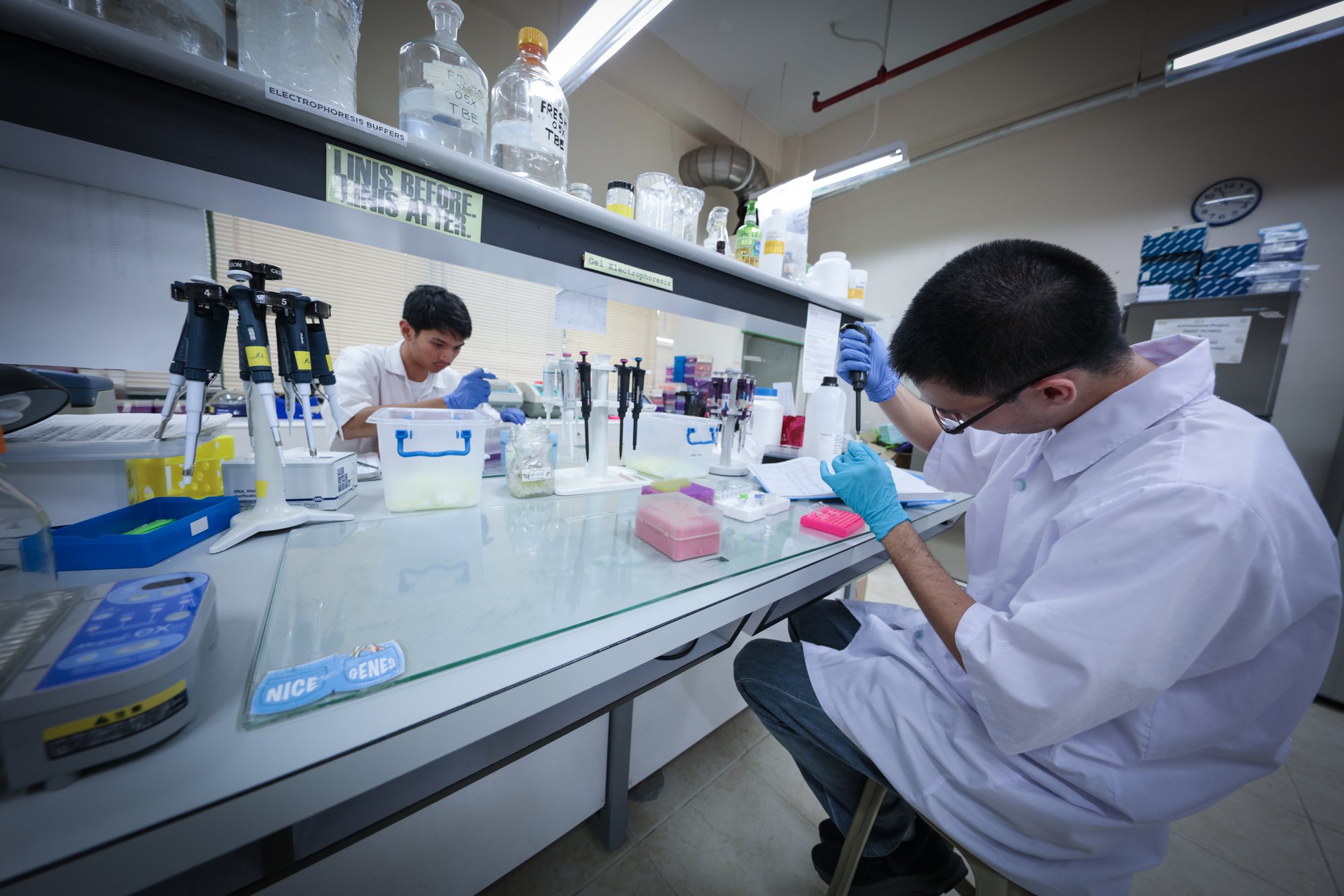
Using DNA barcodes against the wildlife black market
While recent news of giant clams (Tridacna gigas) being harvested in the disputed Scarborough Shoal drew massive outrage online, it was only the latest low point in the dark history of wildlife exploitation in the region. A poignant series of cases also happened here in 2013 and 2014, this time involving pangolins or “scaly anteaters,” which have been described as the most trafficked animals in the world.

Cracking the biological code: insights from Dr. Dawn Field
We’re used to thinking of codes as long strings of seemingly indecipherable characters – languages known to computer programmers. However, there exists another, more significant code found within us and around us: DNA, our planet’s biological code.
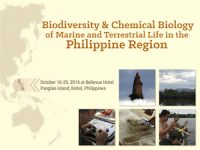
International Conference on Biodiversity & Chemical Biology
International Conference on Biodiversity & Chemical Biology
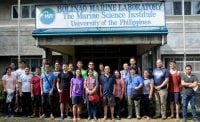
Trends in Marine Genomics
Held in an intimate setting that is conducive to free-wheeling and informal discussions, participants will discuss trends in local and international genomics research in the marine sciences and, more importantly, speculate or make predictions on future breakthroughs in the field.

Genomics: The Path Towards A Better Understanding of Health, Disease, Evolution And Biodiversity
The Philippine Genome Center will hold a scientific symposium entitled “Genomics: The Path Towards A Better Understanding of Health, Disease, Evolution And Biodiversity” at the National Institute of Physics Auditorium, National Science Complex, UP Diliman campus.
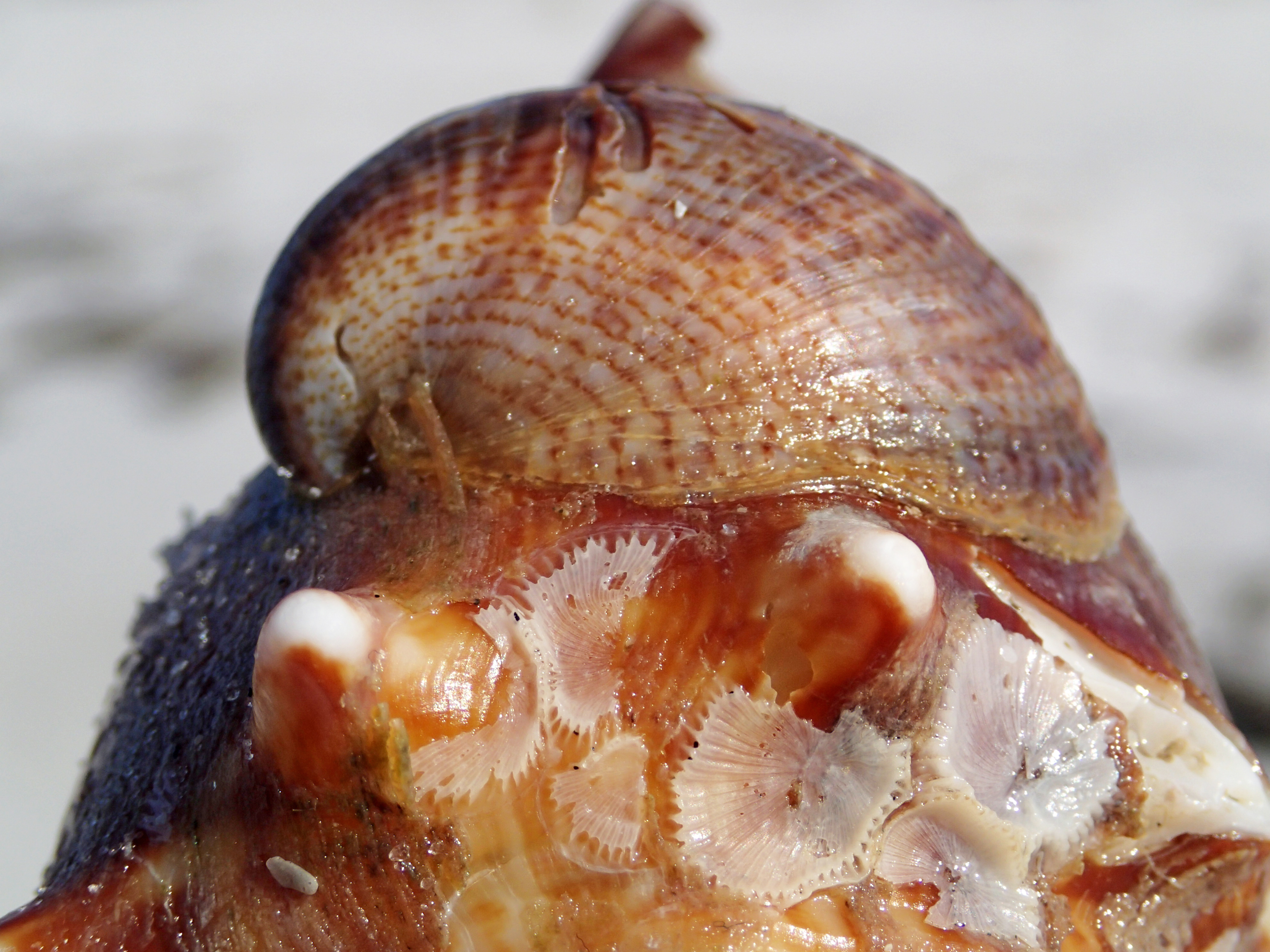
Adaptive radiation of venomous marine snail lineages and the accelerated evolution of venom peptide genes
Olivera B.M., Watkins M., Bandyopadhyay P., Imperial J.S., de la Cotera E.P., Aguilar M.B., Vera E.L., Concepcion G.P., Lluisma A.O.
An impressive biodiversity (>10,000 species) of marine snails (suborder Toxoglossa or superfamily Conoidea) have complex venoms, each containing approximately 100 biologically active, disulfide-rich peptides. In the genus Conus, the most intensively investigated toxoglossan lineage (∼500 species), a small set of venom gene superfamilies undergo rapid sequence hyperdiversification within their mature toxin regions.

